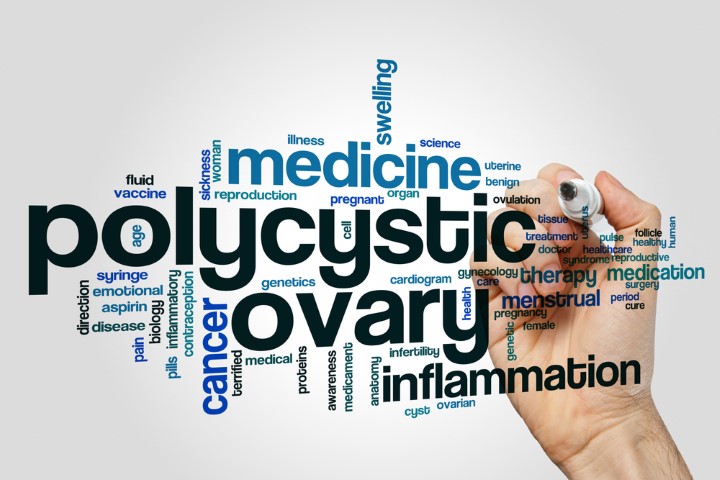Hormone imbalances are not uncommon for women, especially those who are near or entering menopause. However, these imbalances can cause gynecological conditions earlier in our lives. Polycystic ovary syndrome (PCOS) is a condition that occurs when a woman experiences an imbalance in male hormones known as androgens. For women with PCOS, this hormone imbalance is related to insulin resistance at the level of the ovary that can potentially cause issues with menstruation and fertility. If left untreated, PCOS can sometimes lead to serious long-term health problems like diabetes and heart disease according to the American College of Obstetricians and Gynecologists.
Roughly 15% of women in the US have PCOS, but many may not even be aware of their condition. In order to receive the best possible treatment and avoid any serious health concerns, it’s important for PCOS to be recognized and diagnosed early. That’s why our board-certified gynecologists are here to provide some information on the most common symptoms of PCOS for women to be aware of.
Irregular Menstrual Bleeding
Abnormal menstrual bleeding is perhaps the most common sign of Polycystic Ovary Syndrome. In women with PCOS, the irregular bleeding they may experience can be caused by higher-than-normal levels of androgens as well as lower-than-normal levels of progesterone (a female hormone). This can lead to skipped periods or an unpredictable menstrual cycle.
Development of Acne
Pimples on the face and elsewhere on the body can be another potential sign of PCOS. Much like breakouts that occur during puberty, the hormone fluctuation associated with PCOS can have similar effects on your skin.
Difficulty Becoming Pregnant
PCOS is one of the leading causes of female infertility. When your body doesn’t create enough progesterone to complete a normal menstrual cycle, undeveloped eggs may turn into cysts in your ovaries. These cysts can prevent healthy eggs from travelling down your fallopian tubes and into your uterus, making becoming pregnant extremely difficult or even impossible for some women.
Unusual Hair Growth
Unusual hair grown, also known as hirsutism, is another symptom of PCOS. Hair may appear on your chin, around the sideburns, the upper lip, or other places where you wouldn’t expect to normally find it. A few hairs out of place isn’t typically anything to worry about, but if you notice significant, unusual hair growth in any of these areas then we recommend consulting with your board-certified gynecologist.
At Gynecology Associates of Gwinnett, we have extensive experience in diagnosing and treating Polycystic Ovary Syndrome. We will work on creating the most appropriate and beneficial PCOS treatment plan based on your specific needs and the severity of your symptoms. If you would like more information on PCOS or to request an appointment today with board-certified gynecologist Dr. Kristine Gould, please contact Gynecology Associates of Gwinnett. And follow us on Facebook, Twitter, and Google+ for more news, tips, and updates on our upcoming health & wellness events.


